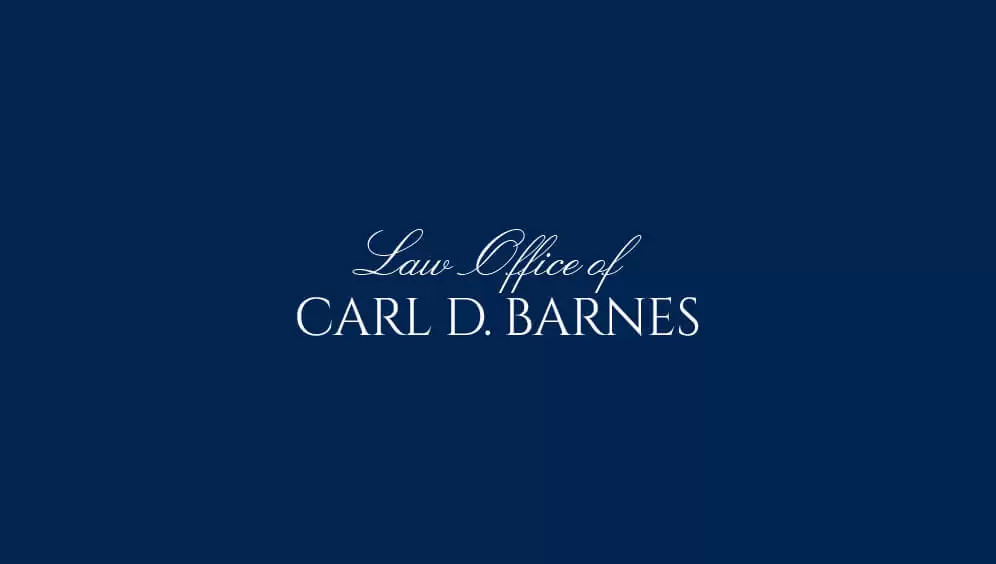Free Consultations
Breaking down the Glasgow Coma Scale

Anytime you have a loved one that suffers through a serious accident in Pasadena, you are no doubt grateful for the fact that they survive. That gratitude might be slightly tempered, however, if you learn that they have sustained a traumatic brain injury.
Many in your same situation have come to us here at the Law Offices of Carl D. Barnes wondering what their family member or friend’s long-term prognosis may be after such an event (as such information will often dictate how they handle the situation). While determining exactly what physical and mental limitations a TBI may leave your loved one to deal with in the immediate aftermath of their injury may be impossible, their Glasgow Coma Scale score might offer an indication.
The Glasgow Coma Scale
Clinicians rely on the Glasgow Coma Scale to get an idea of how extensive a person’s TBI may be when rendering treatment. According to the Centers for Disease Control and Prevention, the Glasgow Coma Scale is a clinical observation test that measures responses in the following three areas:
- Eye movement
- Verbal communication
- Motor skills
Caretakers assign a point value to your family member or friend in each of these areas based on their responses. Those values are then cumulated to come up with a final score.
Dealing with the consequences of a TBI
Scores between 13-15 and 9-12 indicate mild and moderate brain injuries, respectively. A full or partial recovery from such injuries is possible (if not probable), yet one may still face dealing with certain physical and/or cognitive limitations. A score below eight is indicative of a severe TBI. These are the injuries that can leave your loved one dependent on round-the-clock care for the rest of their lives.
You can discover more information on dealing with catastrophic injuries here on our site.

2500 East Colorado Boulevard
Suite 350 Pasadena, CA 91107
Pasadena Law Office Map

